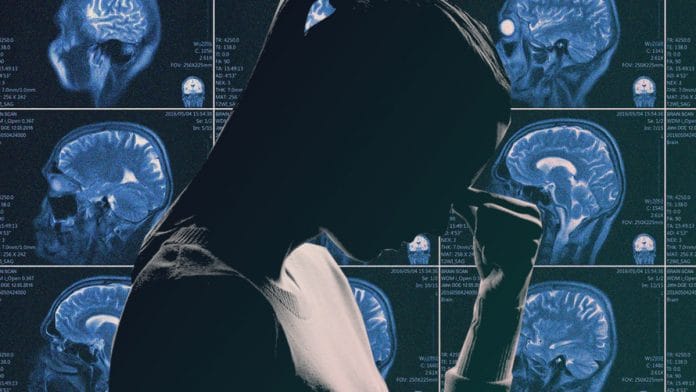- There is growing recognition of the importance of mental health in India.
- Meanwhile, its mental health sector remains severely under-resourced.
- India performs favourably worldwide for positive attitudes towards seeking mental health treatment.
Tracking progress in any qualitative area can be difficult. The complexity increases significantly, especially when dealing in a complex sector like mental health. However, the findings of two recent independent reports point to reasons for optimism, along with a clearer understanding of the problem.
As the leading cause of disability globally, mental illness is one of our most significant collective challenges globally. In India, a culturally rich and complex nation, the scale of the problem can feel overwhelming. A severely understaffed sector serves the world’s second-most populous nation in this battle with only 0.75 psychiatrists for every 100,000 patients, all while the WHO predicts mental health conditions will cause approximately $1.03 trillion in economic losses between 2012-2030 globally. Every intervention, therefore, is a priority; each action can feel a little too late, but we cannot afford to let that impede our work.
Since its inception six years ago, LiveLoveLaugh has promoted a deeper and more open nationwide conversation about mental health in India. A follow-up from a previous study in 2018, How India Perceives Mental Health seeks to evaluate the knowledge, attitudes and practices towards mental health.
Have you read?
Its findings offer us ample evidence for hope and a basis for action. In an attitudinal change towards mental health interventions, for instance, 92% of those surveyed said they would support a person seeking treatment for mental illness, a substantial jump from 54% in 2018.
The study also revealed a dramatic shift in the general perception of people with mental illness with 65% – more than double the 32% from 2018 – believing that such individuals could hold jobs and lead stable, healthy lives. Another 68% maintained that people with mental illness could form meaningful relationships with friends, family and companions, which is a heartening change in a country where the mental health sector is rife with misinformation.
But the study also pointed to several obstacles to progress. There continue to be major gaps in the understanding of conditions like schizophrenia, obsessive compulsive disorder (OCD) and childhood disorders. Access to and understanding of mental health interventions remains low. Also, with popular beliefs including a supernatural basis for mental illness, the doublethink and disparity in knowledge across demographics remain considerable despite the increasing awareness.
The Wellcome Global Monitor: Mental Health, the world’s largest survey of how people consider and cope with anxiety and depression, displays this dichotomy on a wider scale. The study polled over 119,000 people in 113 countries and explored the perceived role of science in finding new solutions.
Its findings point to a global understanding of the role of mental health in well-being, with 92% of the public across countries stating that mental health was as important or more important than physical health across all countries.
But, also a potential impediment to progress, the study reveals another valuable detail: people see science as more relevant to explaining how the human body works (46% saying “a lot”) than how feelings and emotions work (27% saying “a lot”). In line with this view, the public also said that science could treat infectious diseases or cancer (53% and 49% saying “a lot”), but may be less effective against anxiety or depression (31% saying “a lot”).
From an India-specific standpoint, Wellcome’s study found that public attitudes to mental health in India are positive. In fact, the India sample showed one of the most open views of mental health, with 42% stating that they would feel very comfortable talking to someone locally about anxiety and depression, more than double the rest of the world’s rate of 19%. The Indian segment of the study also reflected the global view of the role of science in mental health, noting science’s ability to explain mental illness but perhaps not treat it.
Both studies suggest India is waking up to the reality and consequences of mental health while responding with openness and acceptance, pointing to the impact of education and access. However, this attitude needs support at a systemic level.
With science, for instance, we must make progress not just in finding new information, but also in communicating this understanding to a wide range of audiences. In addition, policy-makers, service providers and educators alike must create robust systems that address the country’s severely underserved mental health needs. These frameworks must also account for individual differences; from the cellular to the societal level, people need personalization at every level and the autonomy to manage their mental health.
Anisha Padukone, Chief Executive Officer, Live Love Laugh Foundation
This article previously appeared in the World Economic Forum.






